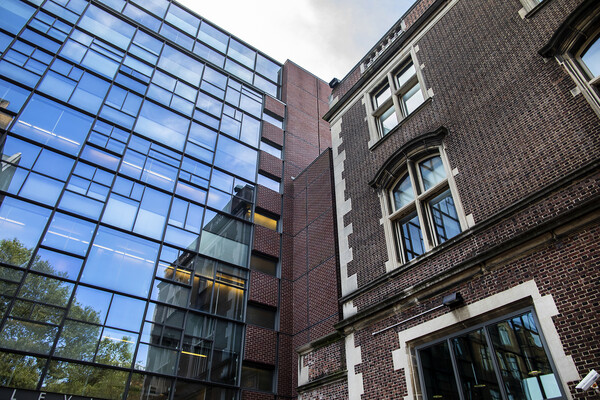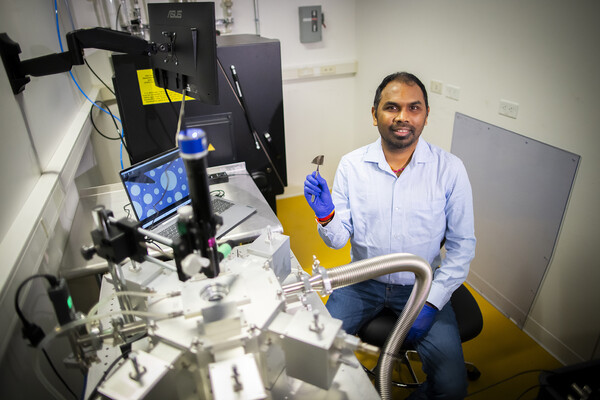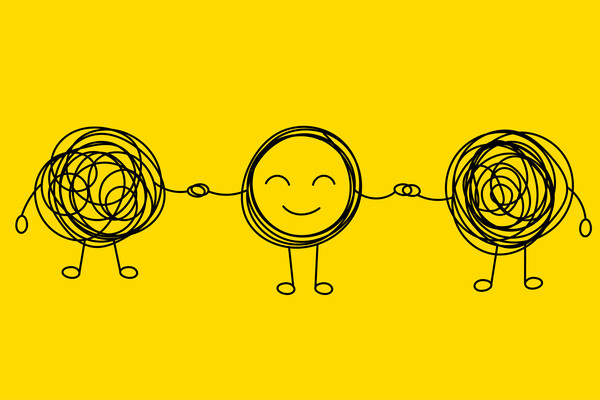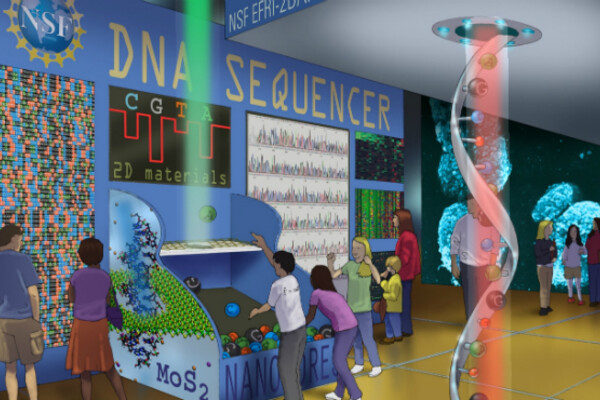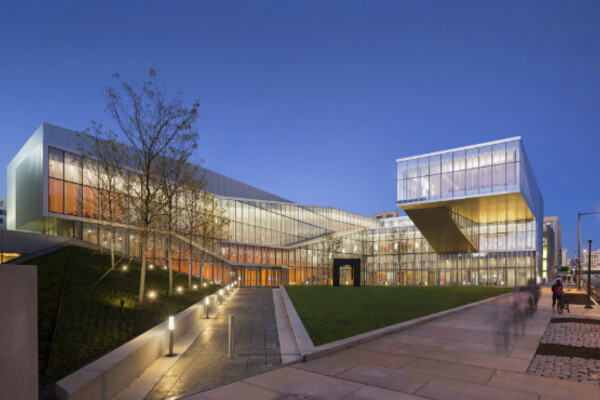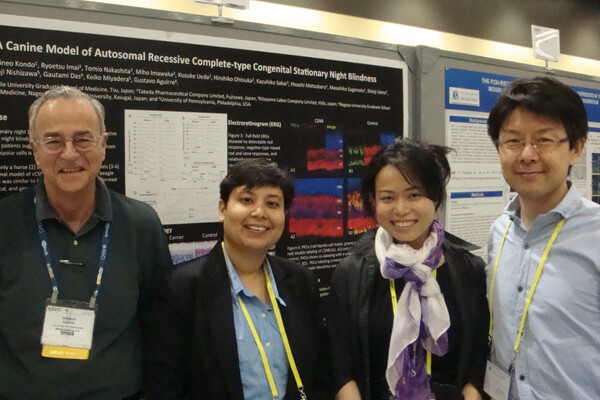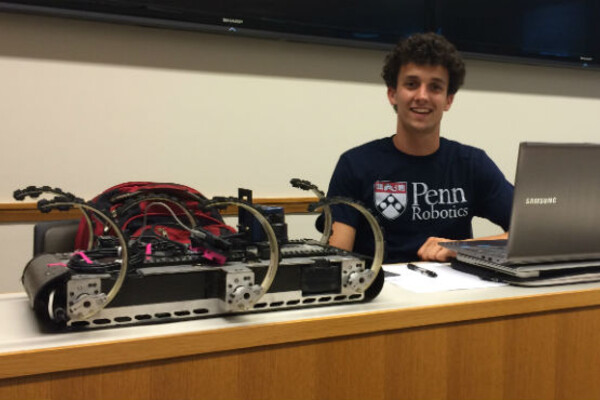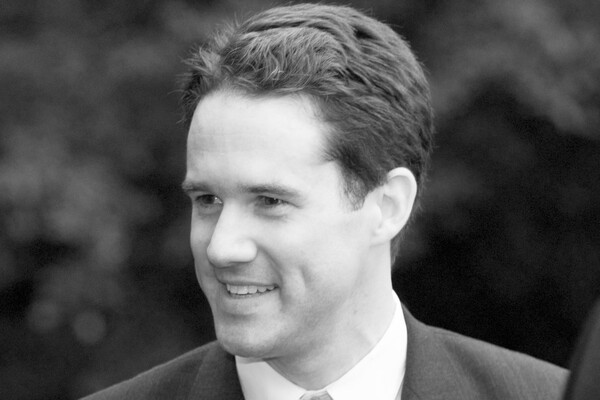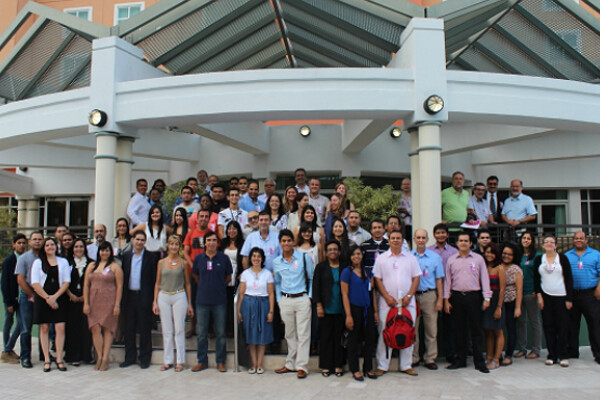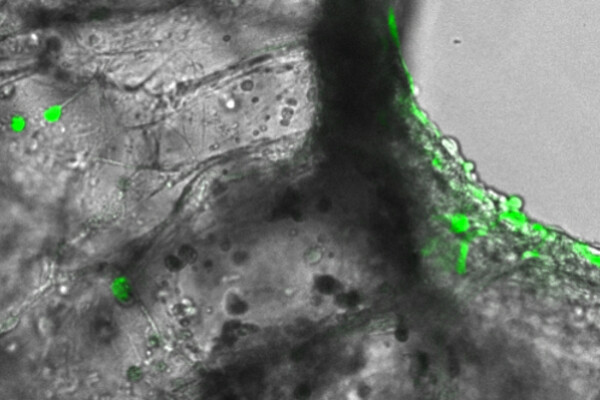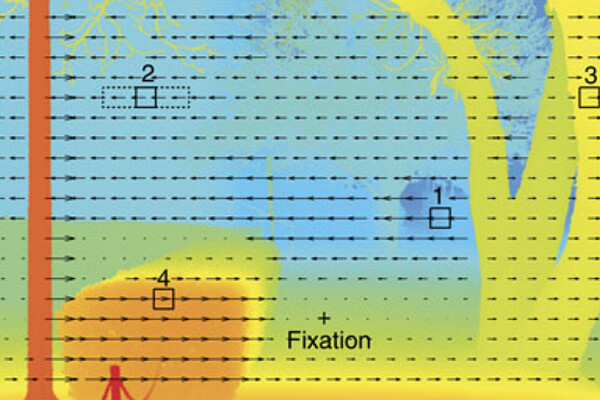5/2
Science & Technology
Two Penn Projects Will Look at Biological Applications of New 2-D Materials
Graphene, a one-atom thick lattice of carbon atoms, has been the focus of intense research since its discovery more than a decade ago. Effectively two-dimensional, graphene has unique physical properties and ultra-high conductivity and promises to revolutionize electronic devices as the ability to mass produce it grows.
Penn’s Kleinman Center for Energy Policy Awards the Inaugural Carnot Prize to IHS Vice Chairman Daniel Yergin
PennDesign’s Kleinman Center for Energy Policy announced today that it will honor Dr.
Penn’s Singh Center Receives $5 Million NSF Grant to Establish Mid-Atlantic Nanotechnology Hub
The National Science Foundation awarded the University of Pennsylvania’s Krishna P. Singh Center for Nanotechnology a five-year, $5 Million grant to establish the Mid-Atlantic Nanotechnology Hub for Research, Education, & Innovation.
Penn Vet Team Identifies a Form of Congenital Night Blindness in Dogs
People with congenital stationary night blindness, or CSNB, have normal vision during the day but find it difficult or impossible to distinguish objects in low light. This rare condition is present from birth and can seriously impact quality of life, especially in locations and conditions where artificial illumination is not available.
Developing Collaborative Relationships Between Penn and China
Through the magic of technology, a robotics symposium held jointly in a University of Pennsylvania classroom and at the Penn Wharton China Center in Beijing allowed the School of Engineering and Applied Science and middle school and high school students to share their work in hopes o
Creative Students Get Their Hack on at PennApps
On Friday, Sept. 4, nearly 2,000 of the world’s top young computer scientists and engineers assembled in the bowl of the Wells Fargo Center. They were awaiting the start of PennApps, the world’s largest collegiate hackathon.
Effects of Incarceration Spill Over into Health Care System, Penn Study Finds
Consequences of incarceration on former inmates and their families are well known. But how does imprisonment affect the health care system as a whole?
University of Puerto Rico and Penn Receive $3M NSF Grant for Research Partnership
The University of Puerto Rico and University of Pennsylvania have been awarded a $3 million National Science Foundation grant to support their Partnership for Research and Education in Materials.
Penn Study Identifies Viral Product That Promotes Immune Defense Against RSV
Almost all human beings are exposed to the respiratory syncytial virus, or RSV, before their second birthdays. For most, the symptoms mimic those of the common cold: runny nose, coughing, sneezing, fever.
Penn Research Helps Develop Predictive Model of How Humans Estimate Speed
Most studies of psychological mechanisms involve watching those mechanisms in action and then devising a theory for how they work.
In the News
New Penn AI master’s program aims to prep students for ‘jobs that we can’t yet imagine’
Chris Callison-Burch of the School of Engineering and Applied Science discusses Penn’s new online master’s program in artificial intelligence.
FULL STORY →
Penn Engineering rolls out an online master’s degree in AI, first in Ivy League
The School of Engineering and Applied Science has announced the first graduate program in artificial intelligence among Ivy League universities, led by Chris Callison-Burch.
FULL STORY →
Penn Engineering announces first Ivy League Master’s degree in AI
The School of Engineering and Applied Science has announced the first graduate program in artificial intelligence among Ivy League universities, led by Chris Callison-Burch.
FULL STORY →
Man does DNA test, not prepared for what comes back ‘unusually high’
César de la Fuente of the School of Engineering and Applied Science and Perelman School of Medicine says that Neanderthal DNA provides insights into human evolution, population dynamics, and genetic adaptations, including correlations with traits such as immunity and susceptibility to diseases.
FULL STORY →
Forecast group predicts busiest hurricane season on record with 33 storms
A research team led by Michael Mann of the School of Arts & Sciences is predicting the upcoming Atlantic hurricane season will produce the most named storms on record, fueled by exceptionally warm ocean waters and an expected shift from El Niño to La Niña.
FULL STORY →
Satellite images capture extraordinary flooding in the United Arab Emirates
Michael Mann of the School of Arts & Sciences explains how three low-pressure systems formed a train of storms that battered the United Arab Emirates.
FULL STORY →
My Climate Story: Philly students take science from abstract to personal
The “My Climate Story” project at the Environmental Humanities Department helps students and teachers learn about climate change’s impact in everyday backyards, with remarks from Bethany Wiggin. The idea is credited to María Villarreal, a College of Arts and Sciences second-year from Tampico, Mexico.
FULL STORY →
Penn professor on gen AI’s rapacious use of energy: ‘One of the defining challenges of my career’
Benjamin Lee of the School of Engineering and Applied Science says that hardware and infrastructure costs are growing at high rates for generative AI.
FULL STORY →
Here’s why experts don’t think cloud seeding played a role in Dubai’s downpour
Michael Mann of the School of Arts & Sciences says that many people blaming cloud seeding for Dubai storms are climate change deniers trying to divert attention from what’s really happening.
FULL STORY →
Can we stop AI hallucinations? And do we even want to?
Chris Callison-Burch of the School of Engineering and Applied Science says that auto-regressive generation can make it difficult for language learning models to perform fact-based or symbolic reasoning.
FULL STORY →




